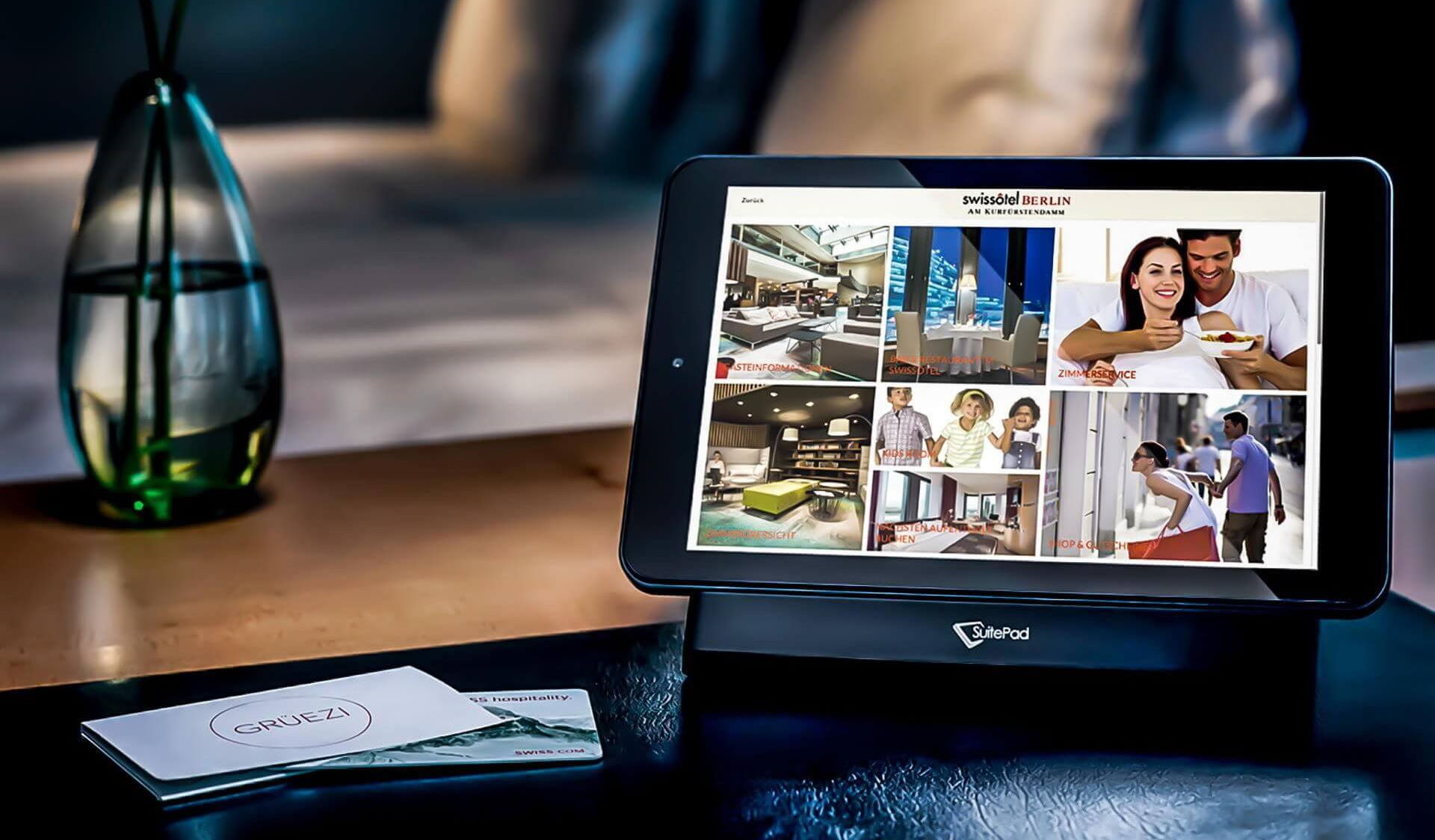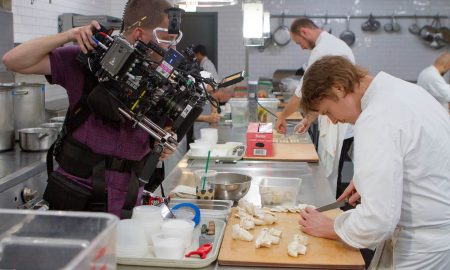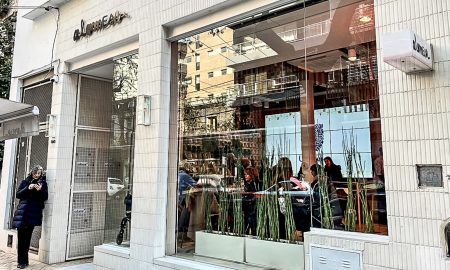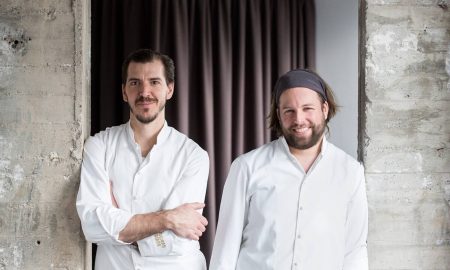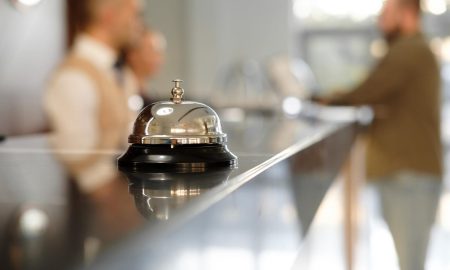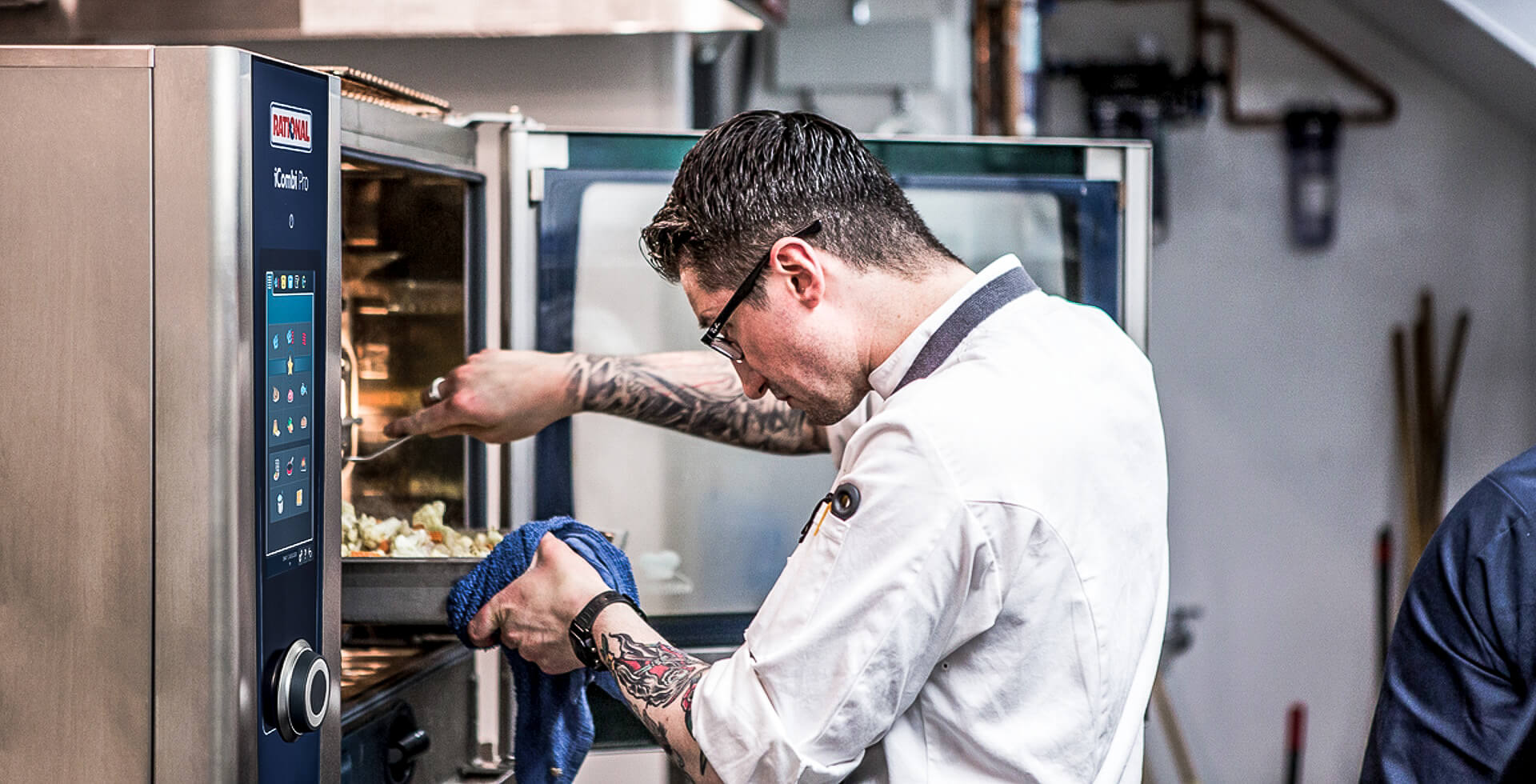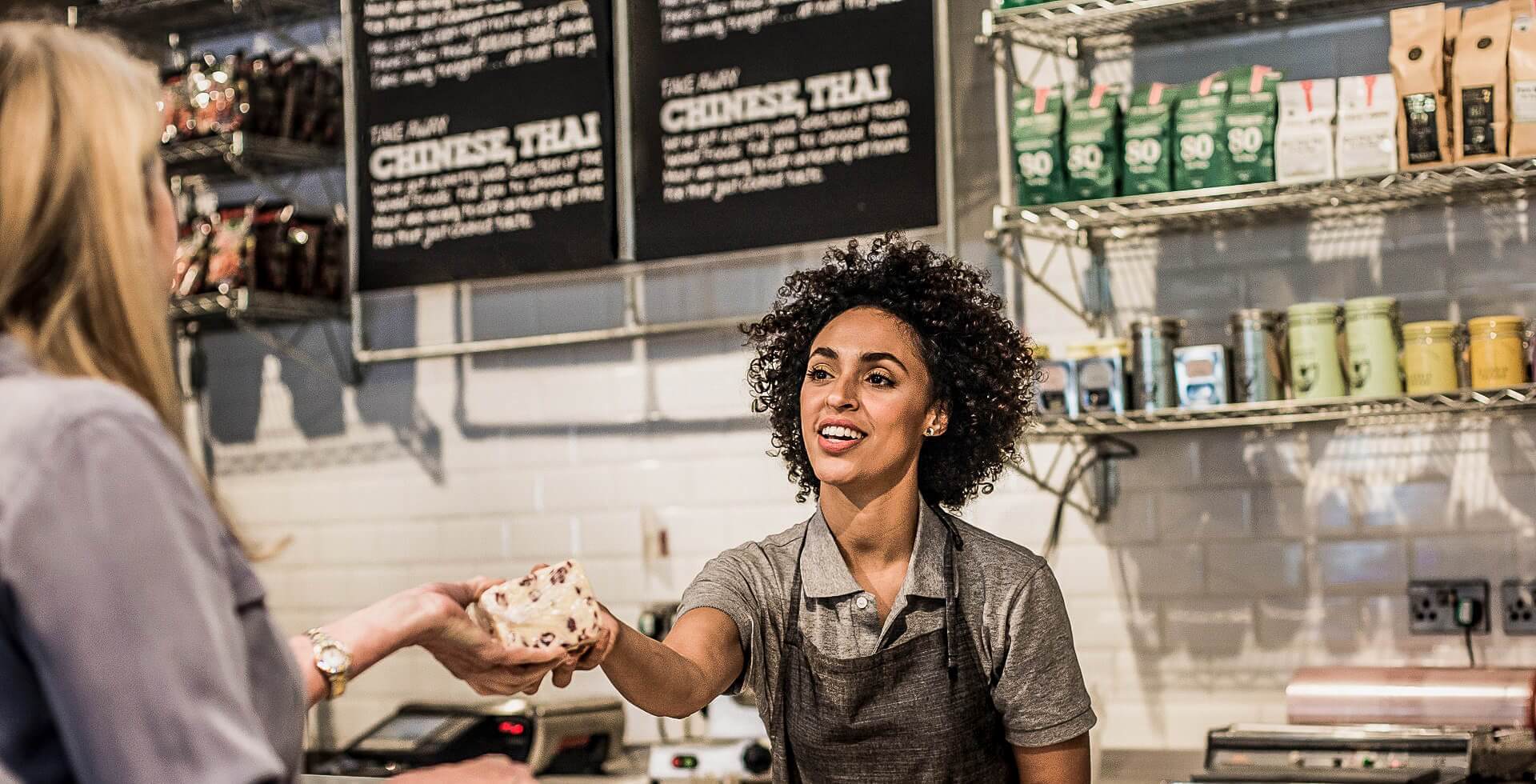Much is being done in the hotel industry to survive in times of Covid-19. Whether it is the “CleanStay” program of the “Hilton” group, the “Cleanliness Council” of “Marriott” or the “White Glove Policy” of “Kempinsky” – it is all about eliminating hygiene traps, massively expanding cleanliness standards and maintaining physical distance. Furniture is rearranged, partitions are installed, new disinfection machines are used, the breakfast buffet is replaced by an a la carte menu. Some hotels rely on creative solutions. Hotel “Sacher”, for example, is transforming its rooms into private areas where guests can dine with a maximum of four people. The “Living Hotels” offer thermoscans to measure body temperature and have partly converted their rooms into extra clean home offices. At the Swiss “Le Bijou Hotel & Resort”, guests can check in directly to luxurious quarantine apartments – corona test included. All strategies have the following in common: creating trust and ensuring the survival of the hotel.
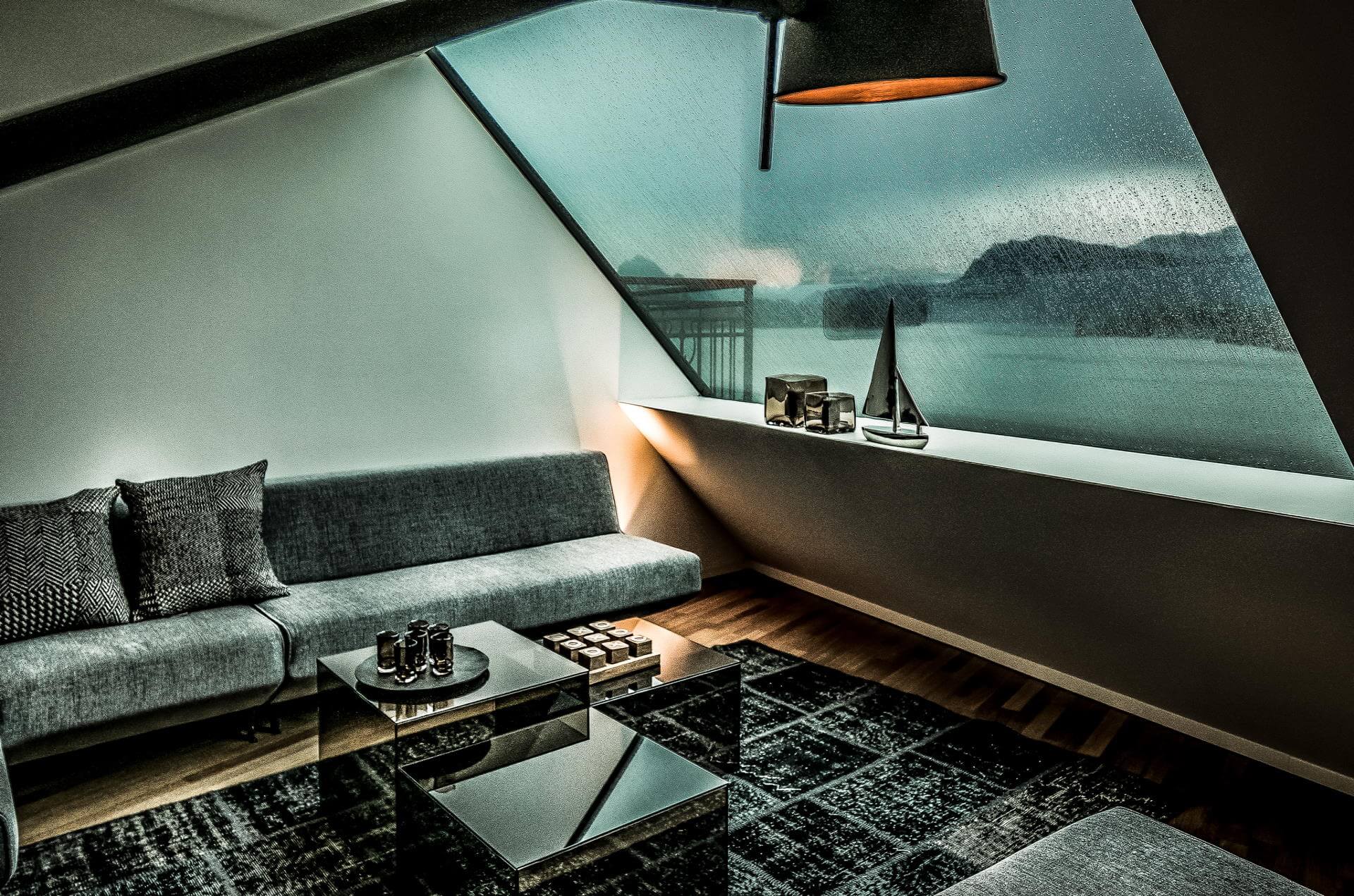
Luxurious quarantine at the hotel “Le Bijou” / Image: Lucerne
From high-touch to low touch
Because the situation is sobering. The tourism and hospitality industry has been hit particularly hard worldwide. One of the reasons for this is that social distancing in this industry does not exist by nature, as in other professional fields.
“The hotel and tourism industry has until now seen itself as a ‘high touch industry’, because a great deal revolves around personal service in the hospitality industry. Now the crisis requires a change towards the ‘low touch economy’ in this sector as well”, explains Prof. Dr. Vanessa Borkmann. “We should no longer meet, we should no longer encounter, we should no longer touch each other”. And this change requires strategies that avoid personal contact as far as possible. Borkmann knows what she is talking about. She and her team have been working on the joint research project FutureHotel for ten years.
The expert network of the renowned Stuttgart Fraunhofer Institute for Industrial Engineering IAO is dedicated to researching and developing future-oriented hotel solutions. This includes topics such as the hotel room of the future, guest requirements, the use and potential of technology and innovation. With the help of its own laboratories, showcases, cooperations and extensive surveys of the hotel industry and guests, FutureHotel is now one of the leading think tanks in its field. As a result of the Covid 19 crisis, the work of the project has now become more relevant than ever before. His recently published study, “Futurehotel – The Smart Resilient Hotel”, shows the possibilities and strategies for a largely contactless hotel.
Digitalization as a critical success factor
The fact that hoteliers have to have staying power becomes clear when you take a closer look at the figures. According to FutureHotel, global hotel bookings fell by 75 percent in March alone. It will take about six to ten months for the hotel industry in our market to recover somewhat, and probably twelve to 16 months for the Average Daily Rate and Revenue per Available Room to return to normal. According to FutureHotel, comprehensive digitization is the most effective way to achieve this normalization. In any case, Covid-19 and the social distancing has become the strongest driver for the digital transformation in all industries. According to the study, however, the hotel industry is reacting with a considerable delay: “In tourism in general, 67 percent of businesses ‘tend to be stragglers when it comes to digitalization’ – well behind the automotive, pharmaceutical and banking industries. A sustainable digitization strategy should always be based on the overall context of a hotel – its macro-environment: “There is the social environment, the neighborhood, the families of the staff, the service providers, the suppliers, the cooperation partners and also the building environment. This is what the hotel moves in with its guests, its staff, its premises”.
Smart service
One of the most obvious fields of action for guests is Smart Service. It includes contactless check-in and check-out, crowd management, digital booking of additional services, demand-oriented real-time housekeeping, digital keys, contactless payment, and communication via app, website or display. A vivid example is the Vienna “Hotel Schani”, which has been working closely with the Fraunhofer Institute for five years and is also known as a learning hotel. “If the guest wants to, his journey begins and ends with the smartphone. In this way we meet the need for security and create trust,” says COO Markus Marth, explaining the hotel’s strategy. This includes individual room selection, mobile check-in and check-out, room keys on the smartphone. The hotel has also experimented with service robots. The “Schani” hotel group responded to the Covid crisis by revising the hotel’s own app. “The room key can be called up in no time at all. It can be easily transmitted to fellow travellers via SMS, WhatsApp or e-mail,” says CEO and owner Benedikt Komarek. “These features were intended as an additional service for the guest. But now, at the latest, the advantages are obvious to everyone. With smart technologies we want to offer our guests a carefree stay”. The Munich-based company hotelbird automates check-in and check-out processes, payment procedures and communication for hotels. “In addition to Millenials, business travellers in particular have requested digitalised services,” says founder and CEO Juan A. Sanmiguel. The Corona pandemic has now completely changed this situation. “The years of the reception desk, where every guest has to audition and check in personally, are over. The digital transformation is in full swing, because digital services make day-to-day business easier. They save resources and optimize their processes. What has long become standard for airlines will also find its way into the front desk.”
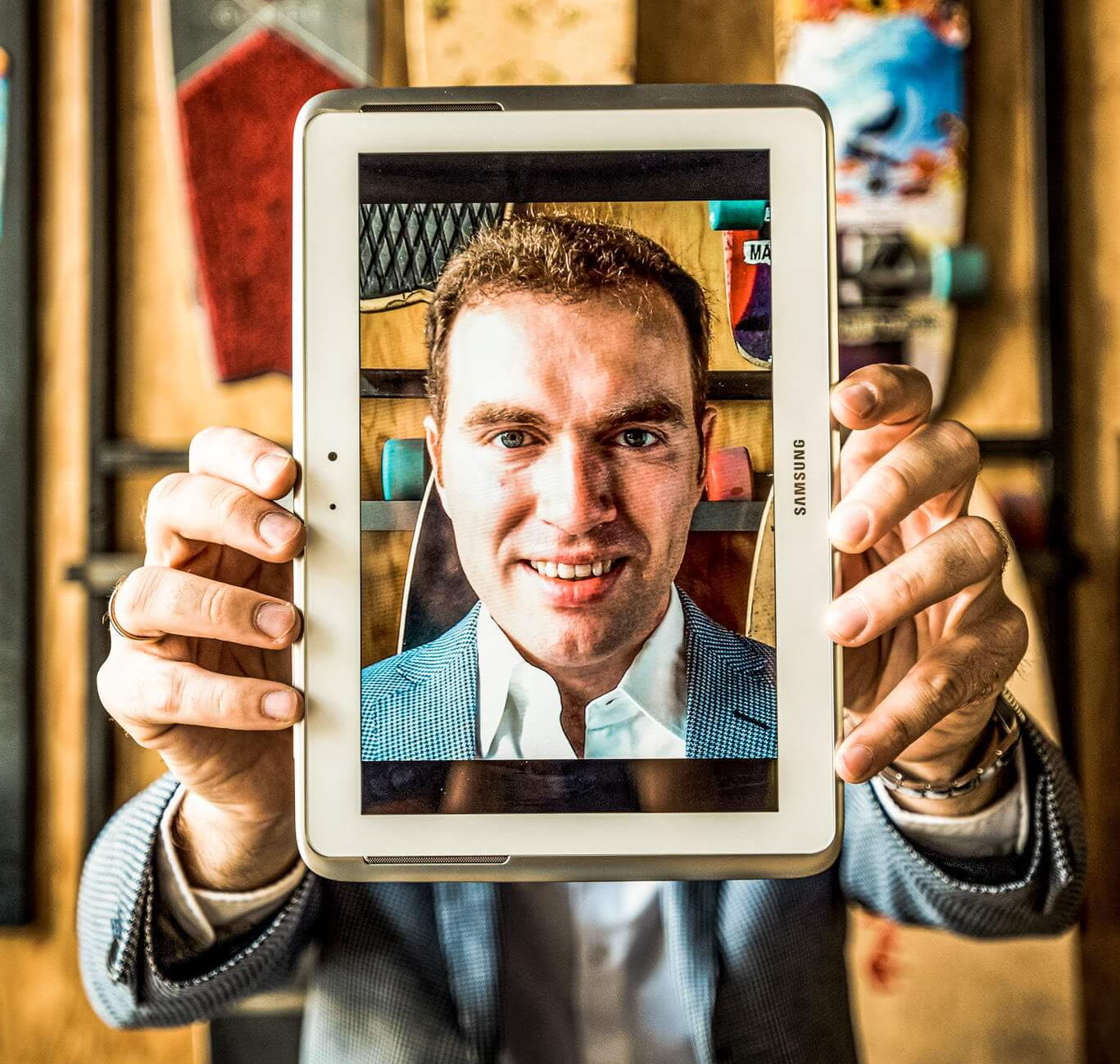
Benedickt Komarick Hotel Schani | Image: Hotel Schani-Wien by Arnold Poeschl
The “Hilton” group, for example, is also planning to rely on digital reception and room keys via cell phone as part of its CleanStay program. The “Marriott” chain now has its own app, which serves as a front desk, room key, communication and information tool in many of its hotels, and the “Living Hotels” are also banking on self-check-in and check-out. FutureHotel lists further potential. For example, hotels can use such technologies to regulate the movement and accumulation of people even before guests arrive by assigning different arrival times and communicating the new procedures to guests on site. Housekeeping can also be precisely controlled via real-time access authorizations for the rooms. The study also recommends the use of virtual tours of rooms. They inform guests and service providers in advance about the routes to be taken. E-commerce and digital service bookings via video communication or displays also avoid direct physical exchange.
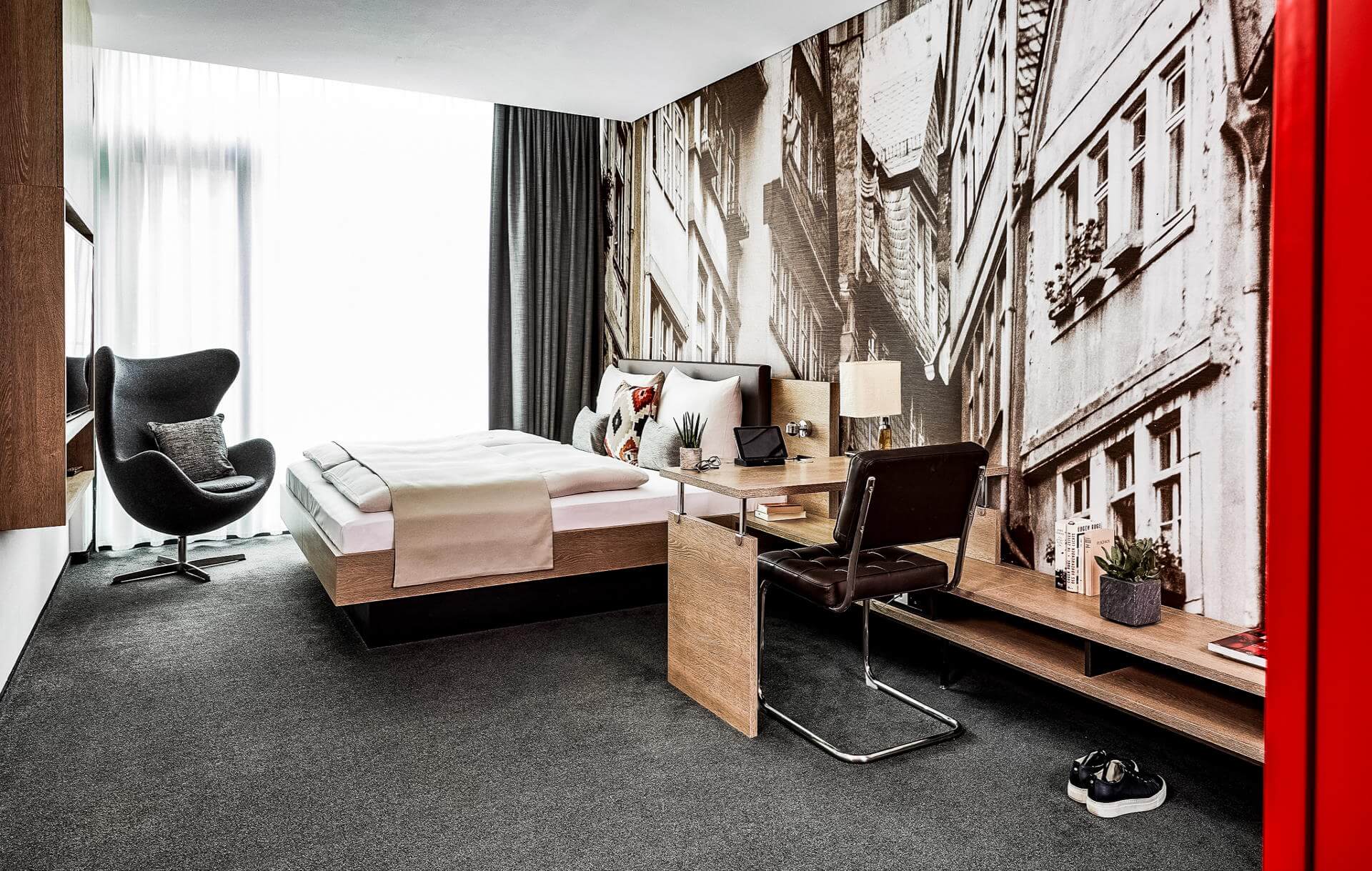
Living Hotels | Image: Living Hotels, Christian Behnke
Robots instead of minibars
The Munich-based technology start-up Robotise also relies on contactless service with its “Jeeves” service robot. The full-service device can be called by guests via an app, sell snacks, run errands, control rooms and communicate directly via a voice module. The smart robot is already being used in several hotels, such as the “NYX Hotels” or “The Rilano Hotel” in Munich. Even the breakfast buffet in times of social distance needs an alternative. An idea from Berlin that could also work for hotel restaurants is “Data Kitchen”. Here, chef Alexander Brosin creates dishes that are served via a digital vending machine. From the Food Wall, guests can pick up the dishes they have previously ordered via app.
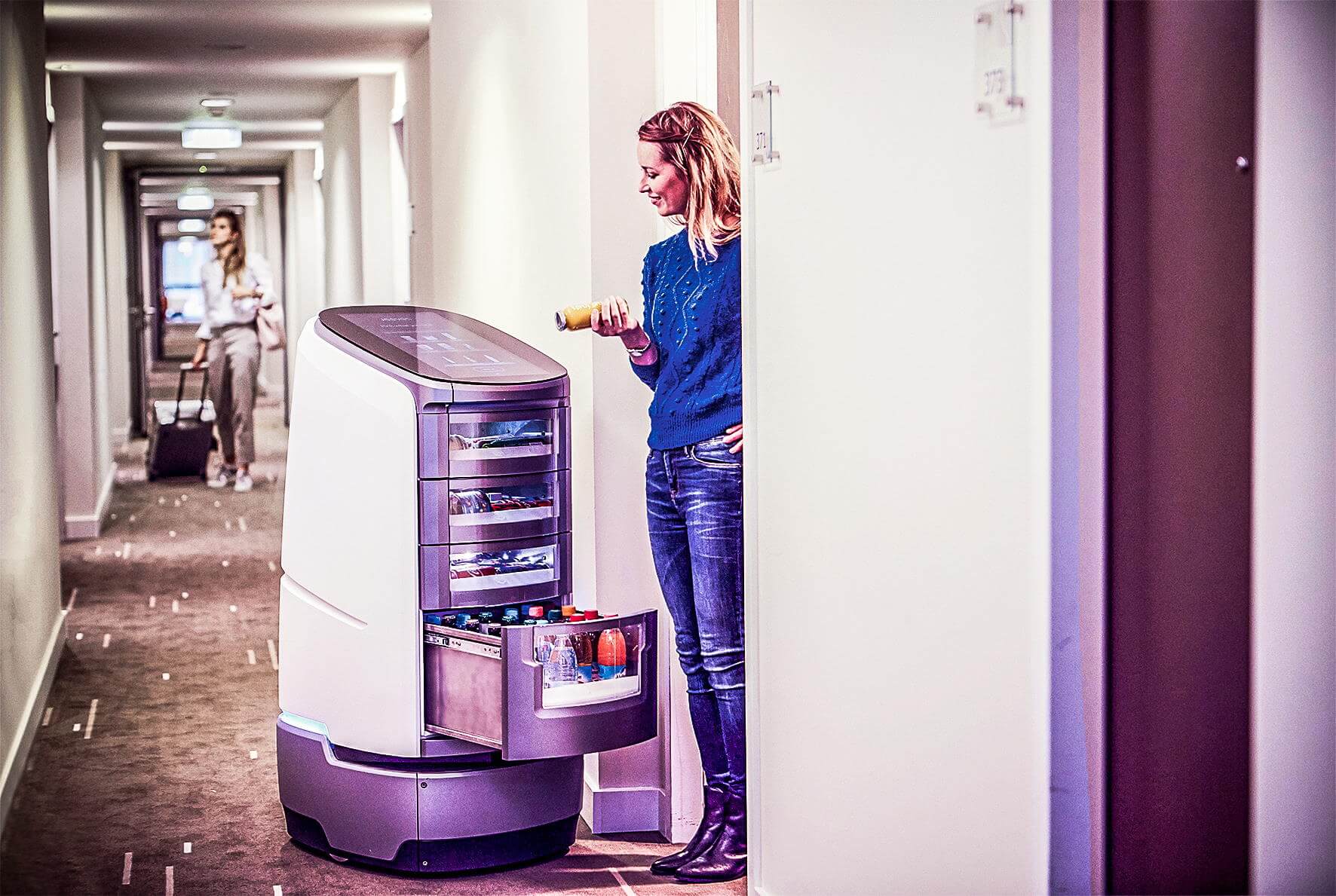
Full service robot Jeeves | Image: Jeeves Pressekit
Behind the scenes
The social distancing principle has changed the work processes in almost all industries. “The Corona crisis requires a rapid change from inflexible, rigid work to flexible forms of work with concepts from the ‘new work’ sector,” the research association states. According to the findings of the study, this also applies to the hotel industry. These include home office, data management, virtual meetings, digital employee training and team building. “Working time is used more efficiently, travel time is eliminated. Especially front office (FOH), concierge, night manager, back office (BOH), HR management and other management areas can be greatly relieved”. Also working time recording, conclusion of contracts, invoicing, purchasing, revenue and yield management can now be digitalized to a large extent. The study refers to hotel management systems as “digital business”, which help to efficiently automate organisational processes. According to the study, the effects are clear: “Processes in hotel operations can be controlled and monitored online as far as possible. This means that many of the employees’ activities are no longer tied to the workplace”.
Smart Building
As a further building block, the expert network proposes working with Smart Buildings where sensors are used in different fields of application. Voice assistants or the possibility of controlling the environment via app thus prevent the guest from coming into contact with hygienically sensitive areas such as light switches, climate control, taps or the TV remote control. The “Marriott” group, for example, recently entered into a partnership with Amazon and is bringing the “Alexa for Hospitality from Amazon” language assistance system, which was specially developed for the hotel industry, to some of its homes.
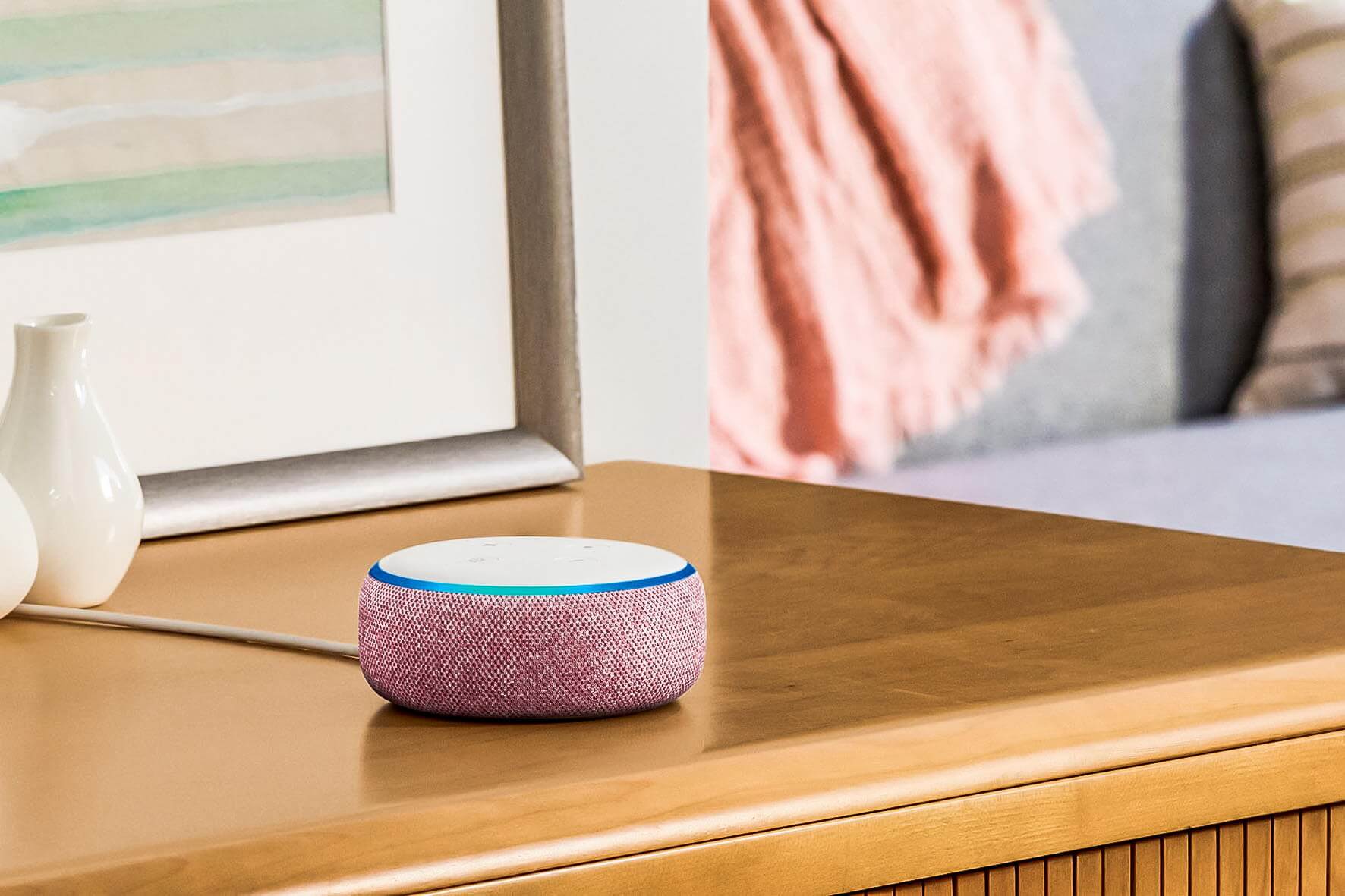
Voice assistant Marriott | Image: Marriott International
Nothing remains as it was
The study contains a very comprehensive strategic plan, whose implementation requires time, investment, know-how and excellent broadband connections. But even if the challenges are great – the conclusion of the study is clear: The future lies in digitization, because it enables hotels to operate at a largely physical distance and provides more protection and security for people in times of a pandemic.


